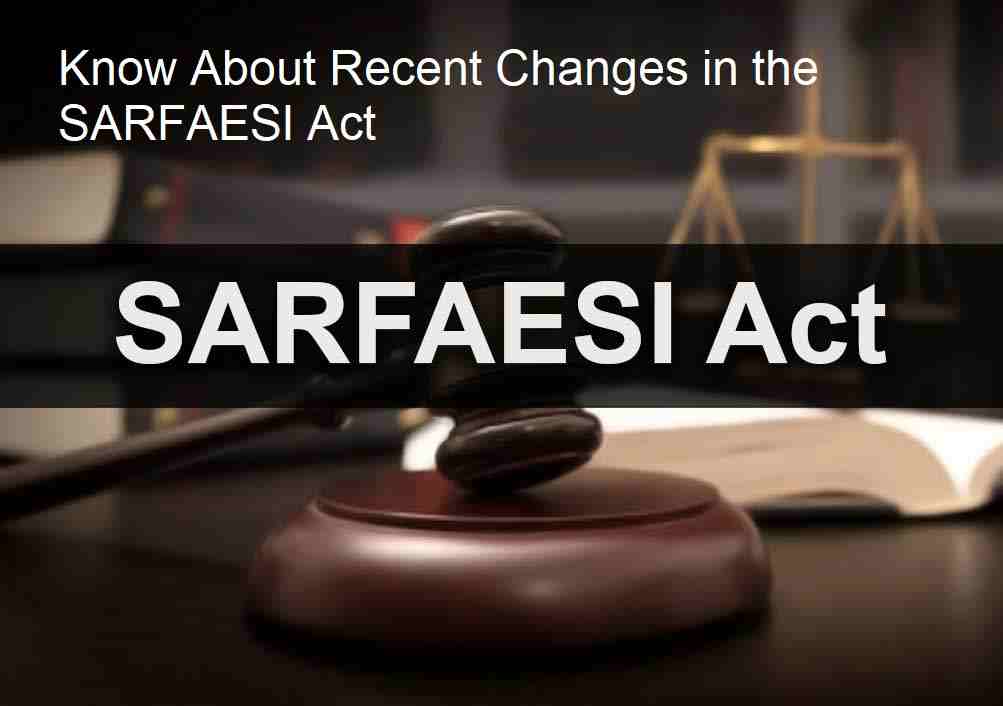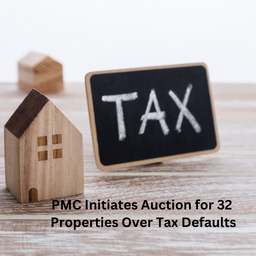The choice to purchase a home through an auction hinges on your financial situation, level of preparation, and ability to withstand potential financial risks. Homes available at auctions vary widely in condition, spanning from those with no discernible issues to those riddled with numerous problems.
How a House Auction Works
Foreclosure and property tax default often lead to a property being auctioned. Here's an overview of how these elements are interconnected:
-
Foreclosure:
- Definition: Foreclosure is a legal process through which a lender reclaims a property when the borrower fails to meet their mortgage obligations.
- Triggering Factors: Failure to make mortgage payments or breach of other terms in the loan agreement can lead to foreclosure.
- Legal Proceedings: The foreclosure process involves legal steps, and it may vary depending on jurisdiction and the terms outlined in the mortgage contract.
- Auction as a Resolution: In many cases, foreclosure culminates in a public auction as a means to recover the lender's investment.
-
Property Tax Default:
- Definition: Property tax default occurs when a property owner fails to pay the required property taxes.
- Consequences: Non-payment of property taxes can result in penalties, interest, and, ultimately, a tax lien being placed on the property.
- Tax Lien Sale: To recover unpaid taxes, some jurisdictions conduct tax lien sales where investors can purchase the tax lien on the property.
-
The Auction:
- Foreclosure Auction: When a property undergoes foreclosure due to mortgage default, it may be sold at a foreclosure auction. Interested buyers bid on the property, and the highest bidder usually acquires the property.
- Tax Lien Auction: In the case of property tax default, a tax lien auction may be held. Investors bid on the right to collect the delinquent taxes, plus interest and penalties. If the property owner does not redeem the tax lien by paying the owed amount, the investor may eventually gain ownership.
-
Outcome of the Auction:
- Transfer of Ownership: The winning bidder in either a foreclosure auction or a tax lien auction typically gains ownership rights to the property.
- Redemption Period: In some cases, property owners may have a redemption period during which they can pay the outstanding amounts and reclaim their property.
-
Post-Auction Procedures:
- Settlement and Transfer: After winning the auction, the successful bidder goes through settlement procedures, including payment and transfer of ownership.
- Eviction (if necessary): In some cases, the new owner may need to evict occupants if they do not voluntarily vacate the property.
Finding a House Auction
Finding a house auction can be done through various channels, both online and offline. Here are some methods you can use to find house auctions:
-
Online Real Estate Auction Websites:
- Websites like Auction.com, Hubzu, and RealtyTrac specialize in online real estate auctions. You can search for properties based on location, type, and other criteria.
-
Real Estate Auction Companies:
- Many real estate auction companies conduct both live and online auctions. Examples include Williams & Williams, J.P. King, and Hudson & Marshall. Check their websites for upcoming auctions and property listings.
-
Local Auction Houses:
- Some traditional auction houses also handle real estate auctions. Check with local auction houses in your area to see if they have any upcoming real estate auctions.
-
Real Estate Agents:
- Contact local real estate agents or agencies and ask if they are aware of any upcoming auctions. Some properties may be listed exclusively through agents before the auction.
-
Public Notices and Newspapers:
- Check public notices in local newspapers or online legal publications. Auction announcements are often required by law to be published in advance.
-
County or Municipal Websites:
- Some government agencies conduct property auctions for tax liens or foreclosures. Check the websites of county or municipal governments for information on upcoming auctions.
-
Real Estate Foreclosure Listings:
- Websites that specialize in foreclosure listings, such as Foreclosure.com or Zillow, may provide information about properties that are scheduled for auction due to foreclosure.
-
Networking and Word of Mouth:
- Attend local real estate events, join real estate investment groups, and network with professionals in the field. Word of mouth can be a valuable source of information about upcoming auctions.
-
Courthouse Visits:
- Some foreclosure auctions take place at the courthouse steps. Contact the local courthouse or sheriff's office to inquire about scheduled auctions and procedures for participating.
Complete Procedure
A house auction operates as a public sale where a property is presented to the highest bidder. Here's a general overview of how a house auction typically works:
-
Preparation:
- Selection: The seller decides to auction their property, often motivated by factors such as a desire for a quick sale or unique circumstances.
- Auction House or Online Platform: The property may be auctioned through a traditional auction house or an online platform.
-
Listing and Advertising:
- Listing the Property: Details of the property, including its features and condition, are compiled into a listing.
- Advertising: The auction is promoted through various channels to attract potential buyers. This may include online listings, advertisements, and announcements in newspapers or on auction websites.
-
Inspections and Due Diligence:
- Property Viewings: Prospective buyers have the opportunity to inspect the property before the auction.
- Due Diligence: Buyers are encouraged to conduct thorough research on the property's legal status, potential issues, and market value.
-
Registration:
- Bidders Register: Interested buyers must register for the auction, providing necessary information and often paying a registration fee.
-
Auction Day:
- Auctioneer's Opening Remarks: The auctioneer introduces the property and sets the ground rules.
- Bidding Commences: Bidders compete by placing successive bids, with the property going to the highest bidder.
- Reserve Price: There may be a reserve price set by the seller. If the bidding does not reach this minimum amount, the property may not be sold.
-
Winning Bid and Sale:
- Fall of the Hammer: The auctioneer announces the winning bid at the "fall of the hammer."
- Binding Contract: The winning bidder is usually required to sign a contract and pay a deposit immediately or within a specified timeframe.
-
Post-Auction Procedures:
- Settlement: The buyer completes the purchase by settling the remaining balance within a designated period.
- Transfer of Ownership: Legal processes are initiated to transfer ownership from the seller to the buyer.
- Unsuccessful Bidders: Those who did not win the auction are typically not obligated to make any payments.
Both buyers and sellers must be well-informed about the auction process and seek professional advice if needed. Additionally, auction dynamics may vary based on local regulations and the specific practices of the auctioneer or platform involved.


